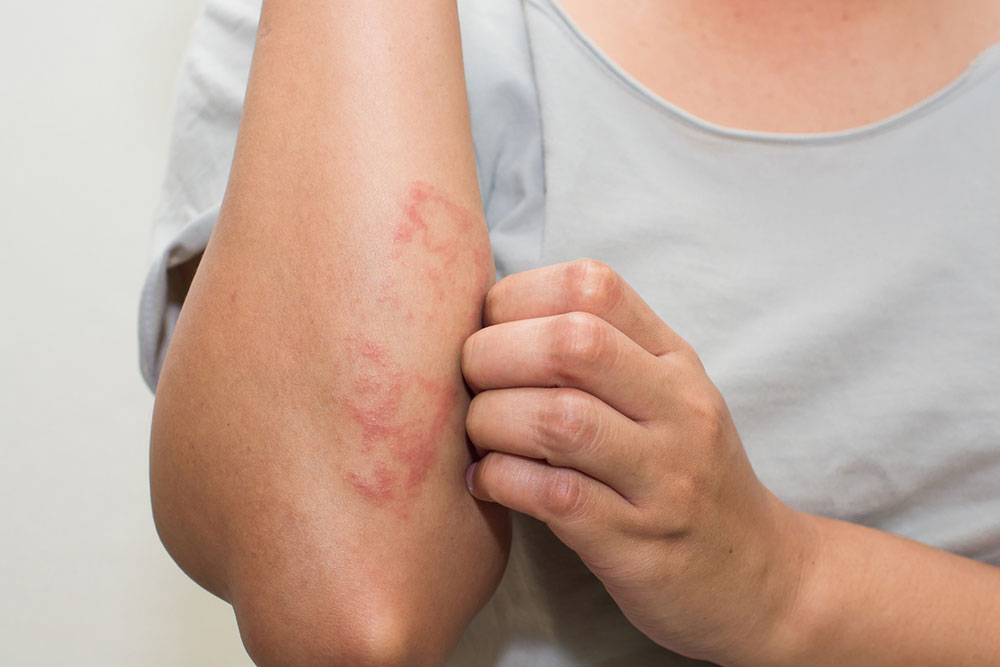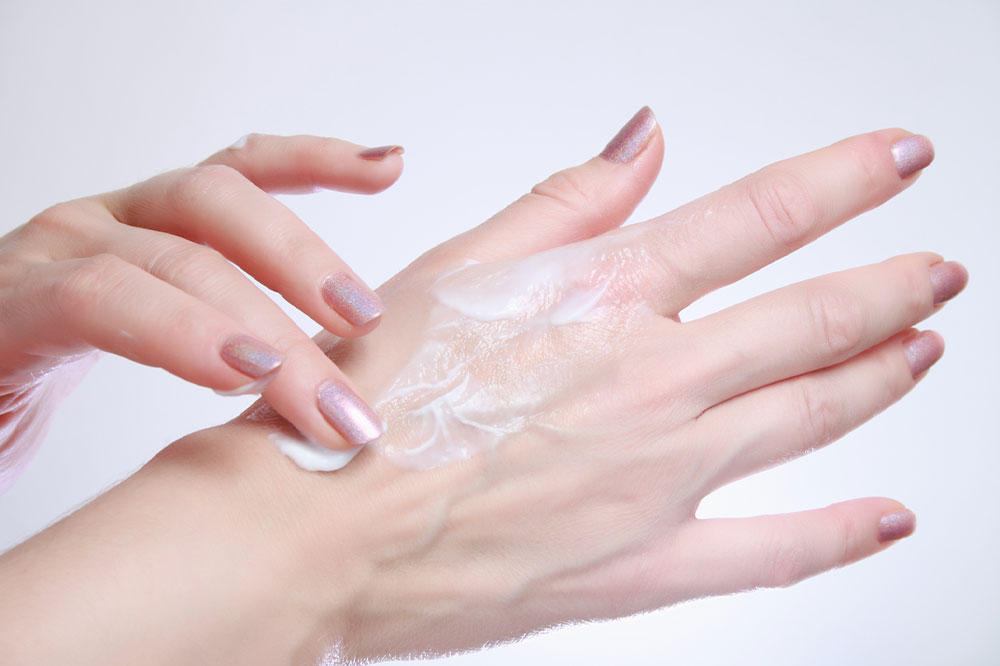Understanding Eczema: Types, Causes, Symptoms, and Treatment Options
Eczema is a widespread skin disorder characterized by inflammation, dryness, and itching, affecting all age groups. Understanding its types, causes, symptoms, and treatment options can help in effective management. Proper skin care, avoiding triggers, and medical treatments are essential to control flare-ups and maintain healthy skin. This article provides comprehensive information on eczema, emphasizing the importance of awareness and management strategies for living with this chronic condition.
Sponsored

Eczema is a common skin condition that affects people across all age groups. It involves inflammation, dryness, and intense itching, leading to patches of rough, red, and crusty skin. The skin's protective barrier becomes compromised, making it vulnerable to infections caused by bacteria, fungi, or viruses. Eczema often appears as rashes or blisters and can persist over time depending on severity. Maintaining moisturized, healthy skin can help prevent flare-ups and manage symptoms effectively.
Eczema affects both infants and adults, with symptoms that vary in intensity. In children, it often manifests as itchy, oozing, and crusty spots on the scalp and face. Although its exact cause is unknown, genetics and environmental factors play a role. Eczema is not contagious. Types include atopic dermatitis, contact dermatitis, dyshidrotic eczema, and more. Common triggers include allergens, stress, harsh soaps, and extreme temperatures. Symptoms include dry patches, redness, blisters, and skin thickening, which may lead to pigmentation changes.
The treatment aims to alleviate symptoms and prevent flare-ups. Since eczema has no permanent cure, management involves skin moisturization, avoiding triggers, and medication. Using gentle soaps, wearing soft fabrics, and regular moisturization support skin health. Doctors may prescribe topical steroids, immunosuppressants, or light therapy for moderate cases. Educating oneself about eczema and its triggers can help control the condition and improve quality of life.






